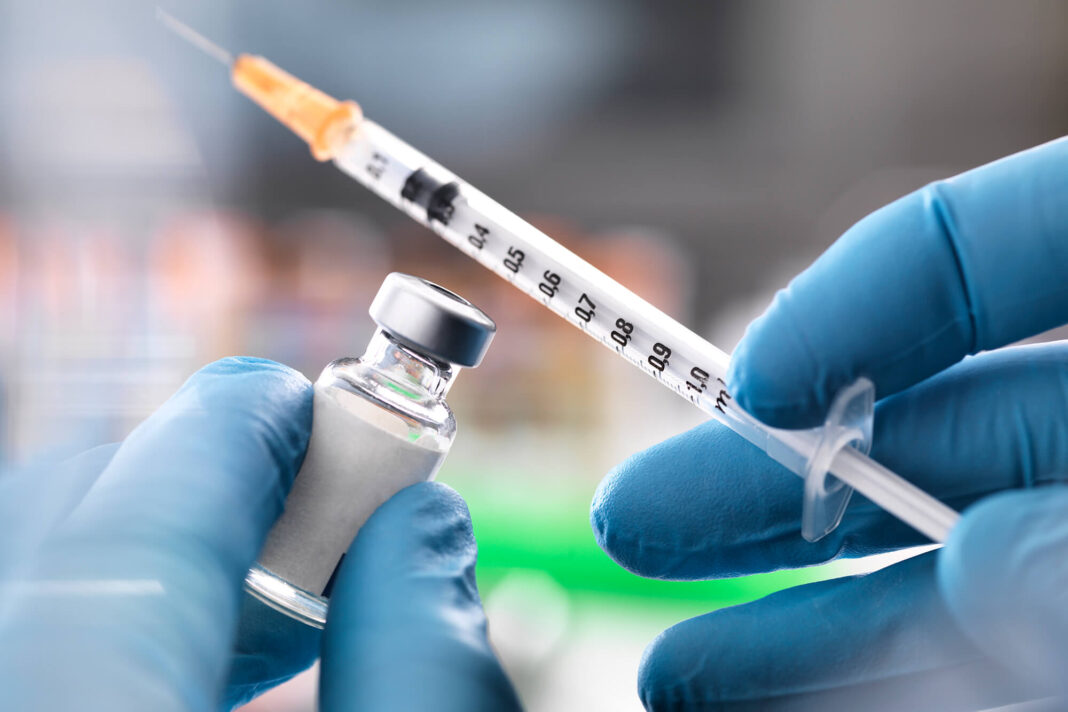Menopausal women experience a decline in their hormonal levels naturally. They cease to menstruate and it can cause discomfort or other symptoms. The good news is that hormone therapy (or hormone replacement therapy) has been scientifically proven to reduce the symptoms, which allows you to manage menopausal symptoms easily.
How Do I Define Hormone Treatment?
Hormone Replacement Therapy (HRT) is a medical procedure that is given to women to replace lower levels of progesterone and estrogen which are common at the beginning of menopausal symptoms. This therapy can reduce the discomfort associated with menopausal symptoms such as hot flashes and dryness of the vagina.
The Signs You Could Benefited from Hormone Replacement Therapy
Menopausal symptoms are common in women’s lives and each woman will experience a distinct experience. While some women may find that their menstrual cycle stops with no change in their body, another woman may have a long-lasting symptom that is uncomfortable. Menopausal symptoms begin to affect your physical and mental health, making your daily activities difficult or stressful. Treatment for hormone imbalances could be a viable alternative.
Different Types of Hormone Replacement Therapy
Estrogen-only hormonal therapy and combined hormone therapy (estrogen and progesterone) are the two primary kinds that are used in hormone therapy. If you are still suffering from your uterus, your physician will recommend combination therapy. If you’ve been through a hysterectomy and you no more have a uterus, generally speaking, you won’t require progesterone. It is vital to be aware because estrogen therapy on its own has been found to have less long-term risk compared to combined hormone treatment.
Systemic Hormone Therapy
It is usually taken in the form of a pill, injection, or patch. It is a method of release of hormones into the bloodstream and delivering them to the tissues and organs which require the hormones. This kind of therapy can alleviate symptoms associated with systemic conditions like dryness of the vagina, hot flashes, and mood fluctuations.
Local Hormone Therapy
It’s a cream suppository or ring that is applied to treat a specific area. It does not enter the bloodstream. It is primarily used to help women who experience dryness in their vagina because of the loss of estrogen by repairing the vaginal lining and encouraging lubrication. There are fewer risks associated with localized hormone therapy but it doesn’t help in preventing or relieving symptoms of the system such as hot flashes.
What Exactly Is Natural Hormone Replacement Therapy?
Contrary to traditional hormone therapy which relies on synthetic hormones made in labs, natural hormone therapy (also referred to as bioidentical therapy) utilizes the hormones produced by plants. The hormones are altered in a laboratory to possess the same molecular structure that the body was able to produce before menopause.
Conclusion
Hormone therapy can be extremely useful and it plays an essential part in reducing menopausal symptoms. Speaking with your doctor about the benefits and risks associated with hormone therapy could help you in understanding your choices – which one is best for your health and well-being. The choice to choose hormone therapy and what kind, natural or traditional is a personal decision and should be taken after speaking with your doctor.



















